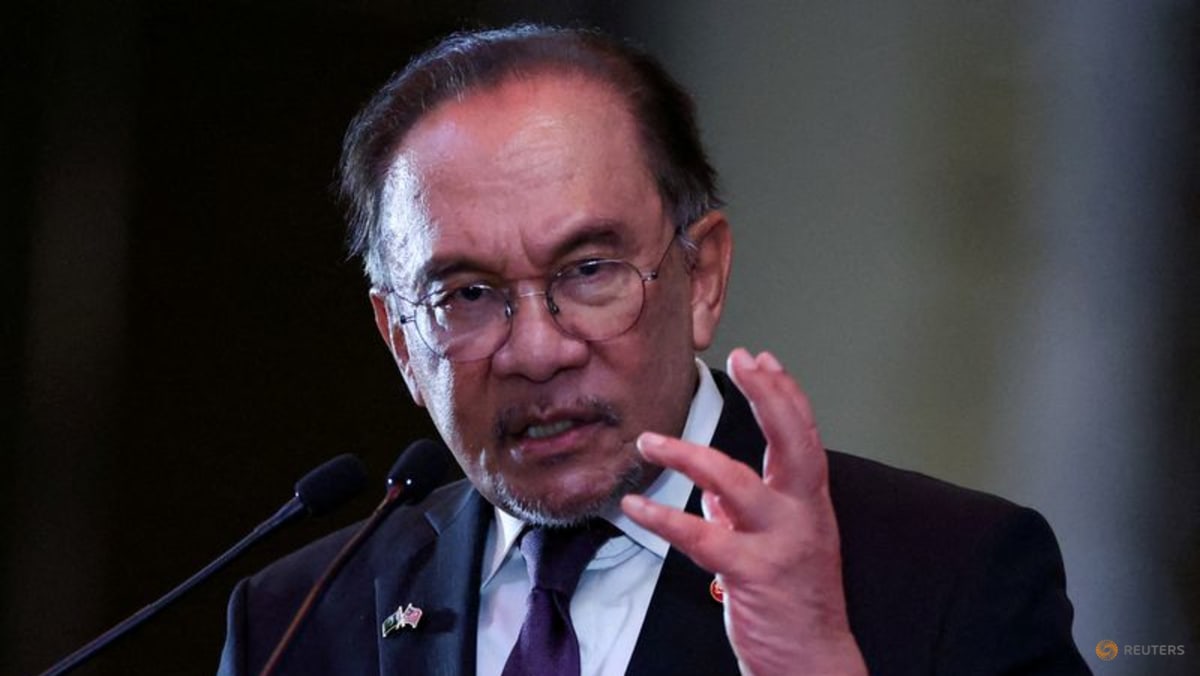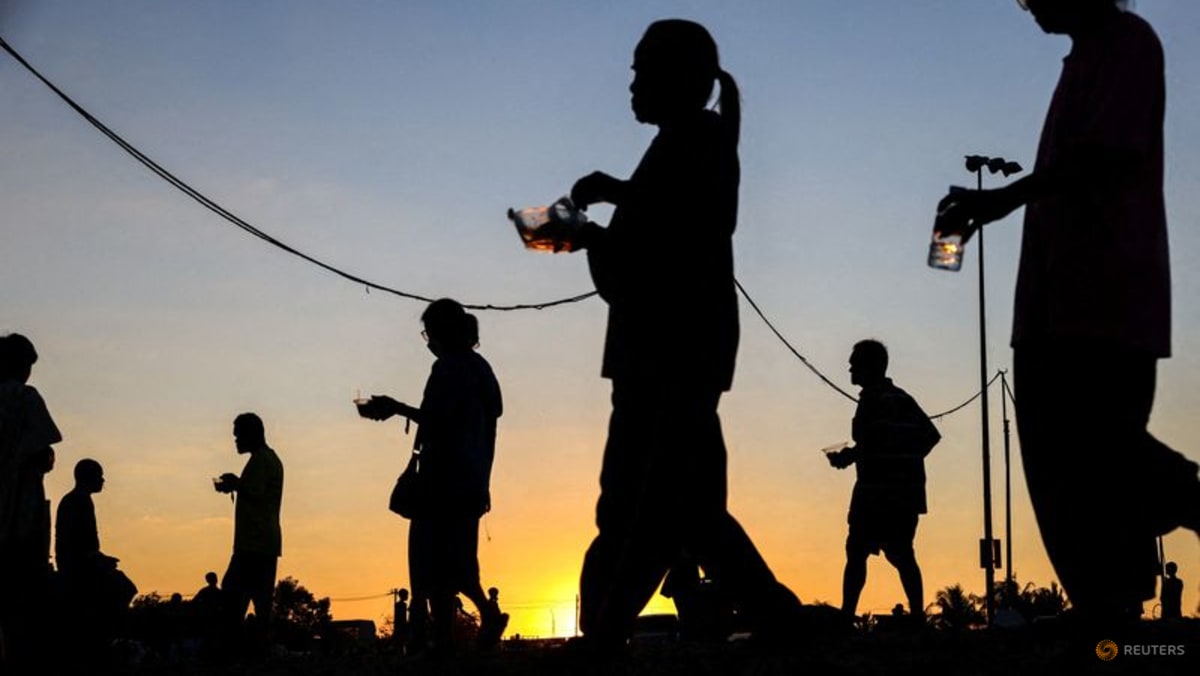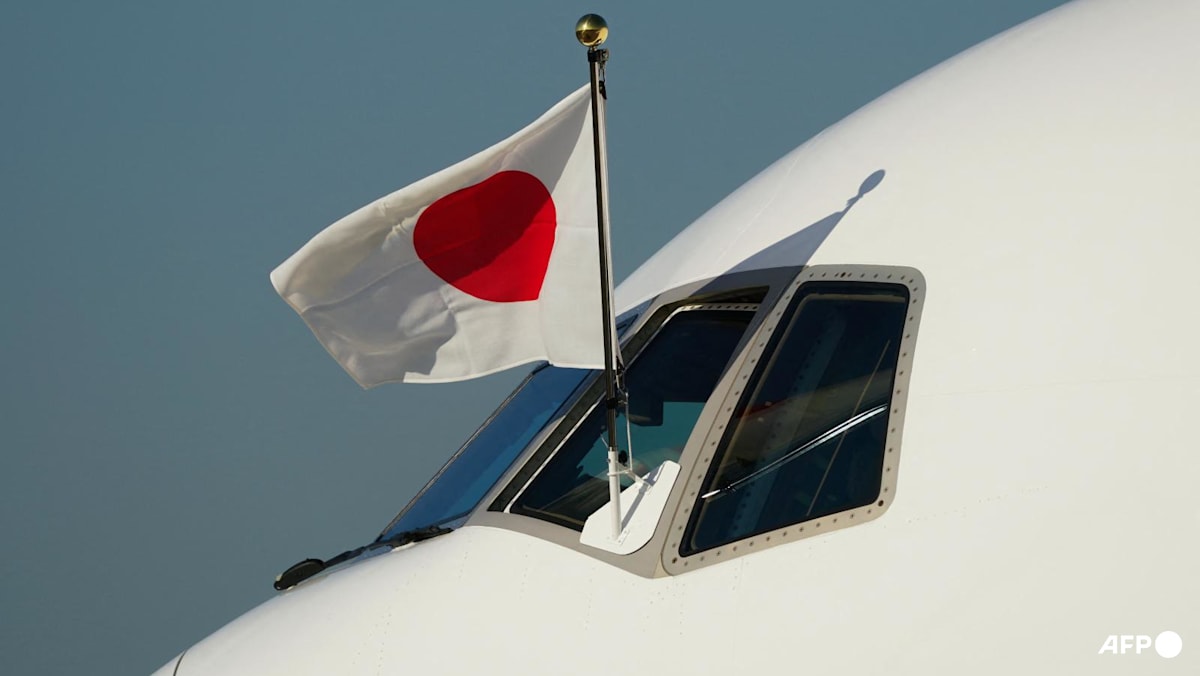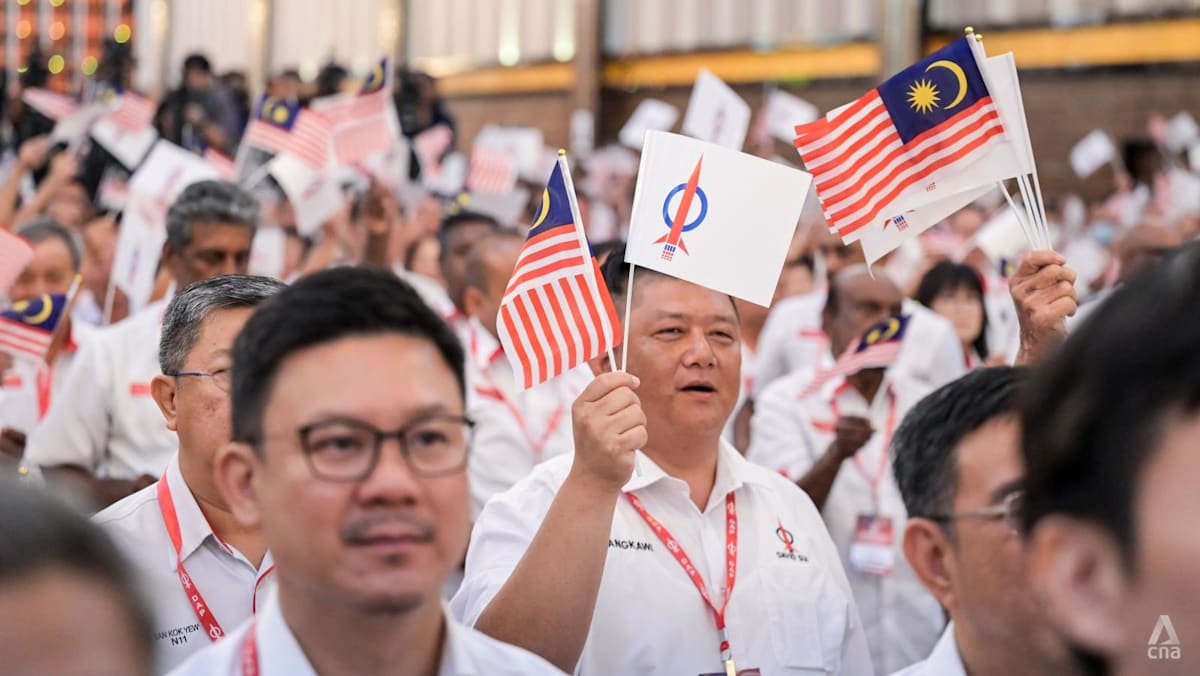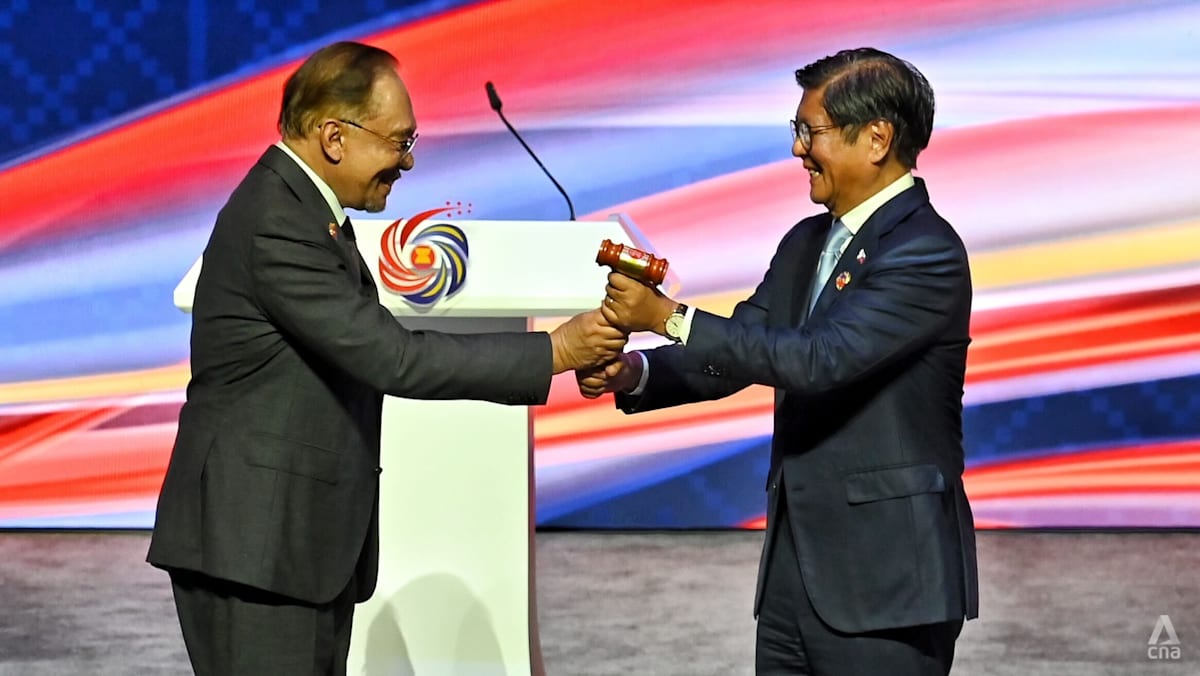Singapore tops Southeast Asia in seeing different religions as compatible with society: Survey
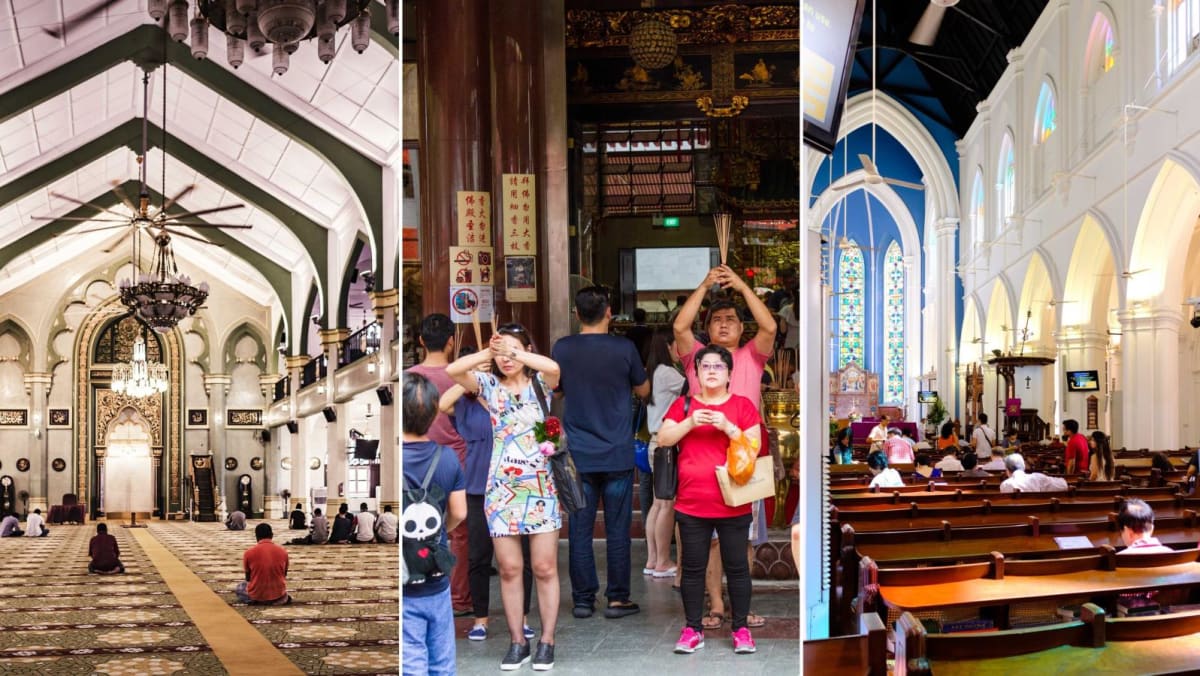
“This ‘religious switching’ has led to declines especially in the share of Singaporeans who identify as Buddhist or as followers of Chinese traditional religions, and to increasing shares who are Christian or religiously unaffiliated,” stated the Pew study.
Thirty-two per cent of respondents said they were raised Buddhist, but only 26 per cent currently identify as Buddhist. And while 15 per cent of respondents said they were raised following Chinese traditional religions, only 6 per cent currently do.
In contrast, while 11 per cent were raised Christian, those currently practising number 17 per cent. The proportion of people raised with no religion was 13 per cent, but 22 per cent of the respondents currently have no faith.
MARKERS OF NATIONAL IDENTITY
Pew also looked at how religion and other markers of identity intersected with national belonging.
In Singapore, respondents were asked whether various identity markers were very important to being part of the nation.
These included having been born in Singapore, being part of the majority ethnic group (Chinese) and being a member of the main religious group (Buddhism).
“Singaporeans are far less likely than others in the region to emphasise these nativist elements to national belonging,” the study found.
Source: CNA



